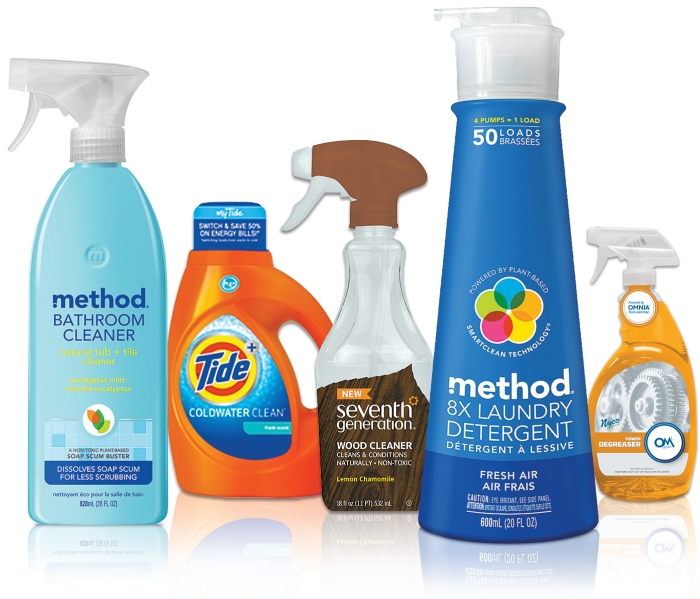Some hydrocarbon solvents are known to emit haps that cause negative health events due to chronic or acute exposure trichloroethylene is perhaps the most well known.
Examples of solvent cleaners in the kitchen.
Methylated spirits or white spirit were commonly used as degreasers in the past.
An employee left an unmarked plastic container of industrial cleaner in the sink then another employee picked it up and used the container to store vanilla syrup.
Degreasers are sometimes known as solvent cleaners and are used to remove grease from surfaces such as oven tops counters and grill backsplashes.
Solvent cleaners using acetone are dangerous to inhale for an extended period of time.
The ingredients in all purpose cleaners are a combination of detergents grease cutting agents solvents and disinfectants.
Because cleaning chemicals are sometimes perceived as relatively harmless they are often overlooked in safety audits with disastrous consequences.
They physically scratch off dirt stains and tarnish via friction as you rub a surface.
In this case the terms strong and mild are arbitrary designations.
Hexane often used in commercial lubricants is another example of a strong organic solvent.
These products may contain one or more chemicals that also hazardous.
Isopropyl alcohol is an example of a mild organic solvent because most commercial based formulas contain a percentage of water.
A cleaning solvent doesn t have to be a chemical or be picked up in the supermarket s cleaning aisle.
Solvents such as methyl ethyl ketone toluene acetone isopropyl alcohol trichloroethylene and perchloroethylene can be used.
Kitchen chemicals for cleaning.
A good cleaning plan is to use trial and.
Acetone on the other hand is a strong organic solvent that must be used with caution.
Some examples of strong cleaning solvents are acetone methyl ethyl ketone toluene npb and trichloroethylene tce.
It can also be used for cleaning surfaces that would be damaged by water.
A major trick to good cleaning is to match the solvent to the stain and to the stained surface.
They are composed of either particles or physical abrasives such as sandpaper steel wool and scrubbing pads finer particles are less abrasive.
Acetone denatured alcohol petroleum distillates including kerosene mineral spirits naphtha dry cleaning fluid and turpentine are used to remove greasy soil or stains that will not dissolve in water.
Common examples of halogenated solvents are chlorobenzene dichloromethane and trichloroethylene.
A range of solvents are available depending upon the scale of the cleaning operation environmental control facilities available and the expected type of contamination 1 14.
Abrasive cleaners are mechanical cleaners.









